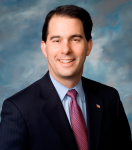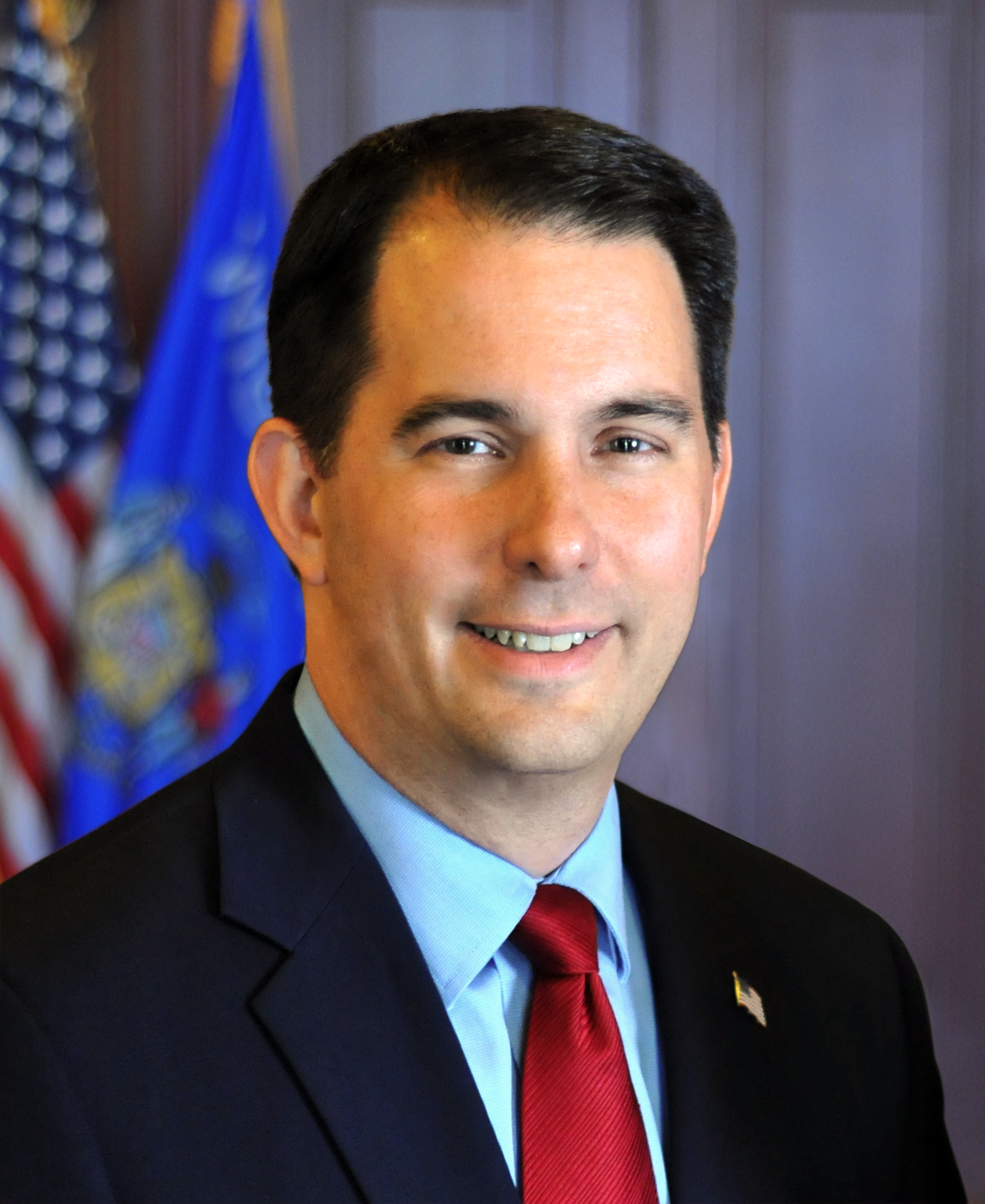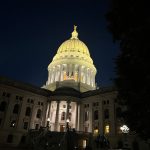Working for Wisconsin: Governor Scott Walker Highlights College Affordability Legislative Package
Proposals to Build on Historic Four-Year UW-System Tuition Freeze; Freeze Saved Students an Average of $6,311 Compared to Average 8.1 Percent Yearly Increases in Prior 10 Years
Green Bay – Governor Scott Walker joined faculty, staff, students, lawmakers, and community members at UW-Green Bay today to highlight his college affordability legislative package. This legislation targets ways to make higher education more affordable for Wisconsin’s working families and students. Governor Walker discussed steps that have already been taken to make higher education more affordable in Wisconsin, such as the historic four-year tuition freeze for the University of Wisconsin System, and additionally explained how this legislation would help make higher education more accessible and affordable for Wisconsinites.
“One of the best things we can do for higher education in our state moving forward is to focus on making college more affordable for Wisconsin’s students and families,” Governor Walker said. “Part of this legislative package focuses on transparency so information, like cost and student loan rates, is provided upfront, enabling students and families to make the financial choices that are best for them. This knowledge will help students make informed decisions, making them more likely to obtain their degree in a timely manner and begin their career.”
According to the Legislative Fiscal Bureau, in the ten years prior to Wisconsin’s current historic four-year tuition freeze, tuition increased an average of 8.1 percent across all UW System universities. Over that same period, tuition had gone up 118.7 percent prior to the freeze that Governor Walker and the Legislature enacted. Compared to the average increases over the prior ten years, across the UW System, students have saved $6,311 because of the freeze. While savings vary by institution, the tuition freeze meant average savings of $2,926 at UW Colleges and savings up to $9,327 at UW-Madison.
The six legislative proposals in the college affordability proposal are focused on making higher education more affordable, reducing student debt, and making the cost of higher education more transparent:
- Deducting All Student Loan Interest – authored by Representative John Macco and Senator Howard Marklein, this legislation would eliminate any cap on the tax deduction for student loan interest, which would save student loan debt payers $5.2 million annually when it is fully phased in. This tax deduction would be the most generous of any state in the Midwest with an income tax and benefit roughly 32,000 Wisconsin taxpayers paying off student loans. This deduction also directly benefits middle class Wisconsinites with an average benefit of more than $200 annually for those making between $30,000 and $70,000;
- Increasing Wisconsin Grants for Technical Colleges – authored by Representative Dave Heaton and Senator Sheila Harsdorf, this legislation would increase needs-based Wisconsin Grants by $1 million for technical college students in the biennium or $500,000 annually. This would benefit over 1,000 students throughout the state;
- Creating Grants for Students in Emergency Financial Need – authored by Representative David Murphy and Senator Howard Marklein, this legislation would provide $130,000 to UW System colleges and $320,000 to technical colleges to provide emergency grants to students. This approach has been credited with increasing the likelihood a student finishes his or her degree in these unfortunate situations by increasing student retention;
- Increasing Internships – authored by Representative David Murphy and Senator Howard Marklein, these two pieces of legislation would enhance internships, creating more pathways to employment by funding two positions within the Office of Skills Development at the Department of Workforce Development (DWD), as well as additional UW System positions. These new positions would work with employers and institutions throughout the state to build and grow relationships between higher education institutions and employers, so students can gain job skills, which will assist in filling open positions and connecting our graduating students to employers in Wisconsin;
- Helping Students and Families to Make Informed Decisions – authored by Representative David Murphy and Senator Howard Marklein, this legislation would require all state institutions of higher education to provide financial literacy to their students within the first semester of their instruction. It would also require all institutions of higher education offering an associate’s degree or higher to annually mail cost, loan, and other financial information to students. This is modeled after an Indiana law that has been credited with reducing the amount of loans taken out by students.
Governor Walker has already worked with the Wisconsin Legislature to make higher education more affordable in Wisconsin. They have created a scholarship program for high school students who lead their classes in technical education courses, restored the Wisconsin GI Bill for veterans and expanded it to those with five years of residency, as well as increased needs-based grants for technical college students by $2 million in the 2013-14 school year and by $1 million for independent colleges. To make it easier for Wisconsin students to complete their degrees, Governor Walker included a requirement in the 2013-15 biennial budget that the UW System and Technical College schools have at least 30 core credits that can transfer between them. The UW System Flexible Degree Program, which offers competency-based learning at a flexible schedule was also created. Governor Walker and the Legislature also indexed the Higher Education Tuition Tax Reduction in the 2013-15 budget, which is benefitting tens of thousands of Wisconsin residents with the costs of higher education.
NOTE: This press release was submitted to Urban Milwaukee and was not written by an Urban Milwaukee writer. While it is believed to be reliable, Urban Milwaukee does not guarantee its accuracy or completeness.
Mentioned in This Press Release
Recent Press Releases by Gov. Scott Walker
Governor Walker Orders Flags to Half-Staff Honoring Master Sergeant Jonathan Dunbar
Apr 13th, 2019 by Gov. Scott WalkerGovernor Scott Walker ordered flags to half-staff on Saturday, April 14, 2018.
Governor Walker Orders Flags to Half-Staff as a Mark of Respect for Captain Christopher Truman of the Lake Mills Fire Department
Jan 3rd, 2019 by Gov. Scott WalkerCaptain Truman died on December 31, 2018, while selflessly assisting a driver of a crashed vehicle on Highway 12 near the Yahara River Bridge in Monona, Wisconsin.
Governor Walker Appoints St. Croix County Judge and Ashland County District Attorney
Jan 2nd, 2019 by Gov. Scott WalkerGovernor Scott Walker today appointed Attorney Scott J. Nordstrand to serve as a judge on the St. Croix County Circuit Court and Attorney David Meany to the position of Ashland County District Attorney.





















